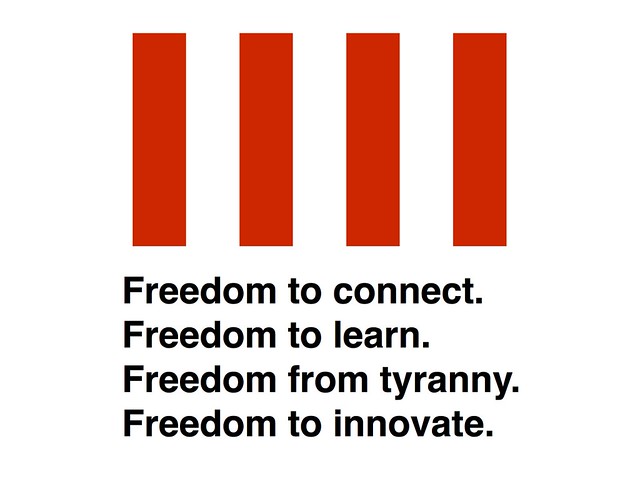THIS JUST IN! Our friends at the Coalition for Queens have organized a NYC Mayoral Forum on Tech Policy!
Join us at the NYC Mayoral Candidates Tech Policy forum at the Museum of the Moving Image (36-01 35th Avenue, Astoria) on Monday, June 17th at 6:30 PM to hear the candidates discuss topics related to technology in New York City, including tech jobs and startup companies, STEM education, and government policy.
The discussion will be moderated by Anjali Athavaley of the Wall Street Journal and Nilay Patel of The Verge. Confirmed candidates for the forum include:
- NYC Comptroller John Liu
- Former NYC Councilmember Sal Albanese
- Former Bronx Borough President Adolfo Carrión, Jr.
- Former NYC Comptroller Bill Thompson
- Former U.S. Congressman Anthony Weiner
We hope to make the forum participatory and would love your input. Please submit questions for the candidates on our website or tweet a question with the hashtag #queenstechforum.
This forum is presented in partnership with the Museum of the Moving Image, Partnership for New York City, Code for America NY, and Queens County Young Democrats.



